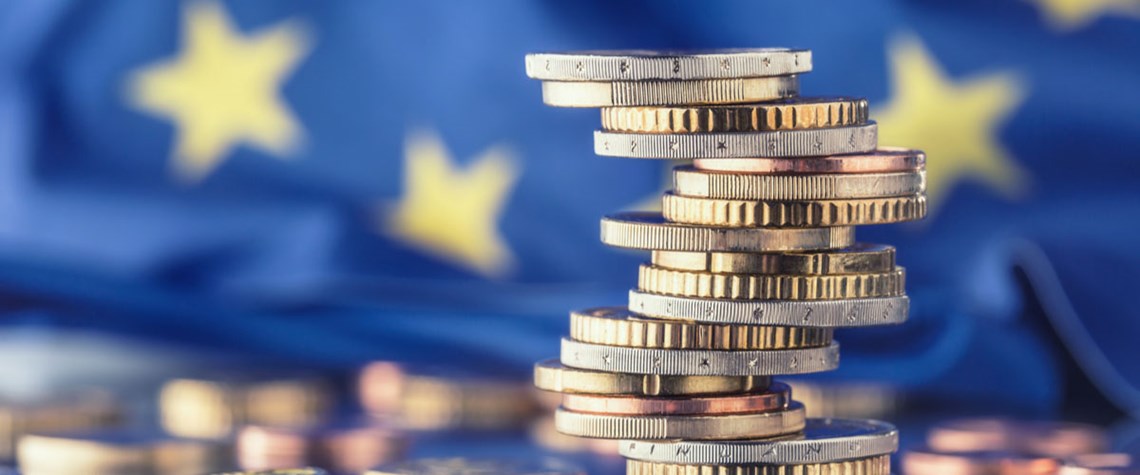
EU approves €5.2bn state aid for hydrogen projects
Second wave of projects approved under IPCEI scheme covers 3.5GW of electrolysers

Second wave of projects approved under IPCEI scheme covers 3.5GW of electrolysers
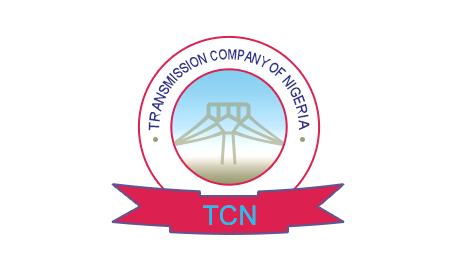
The restoration of the affected part of the grid commenced immediately at 11.55am with Osogbo/Ihovbor back to the grid followed by Jebba/Osogbo, Kainji/Jebba, Benin/Onisha, Shiroro/Kaduna, Shiroro/Katampe, and Alaoji/Ikot-Ekpene. Others are Lokoja/Gwagwalada, Odukpani/Ikot Ekpene, Benin/Omotosho, Oke-Aro/Ikeja West, Egbin/Oke-Aro and Kaduna/Kano.”
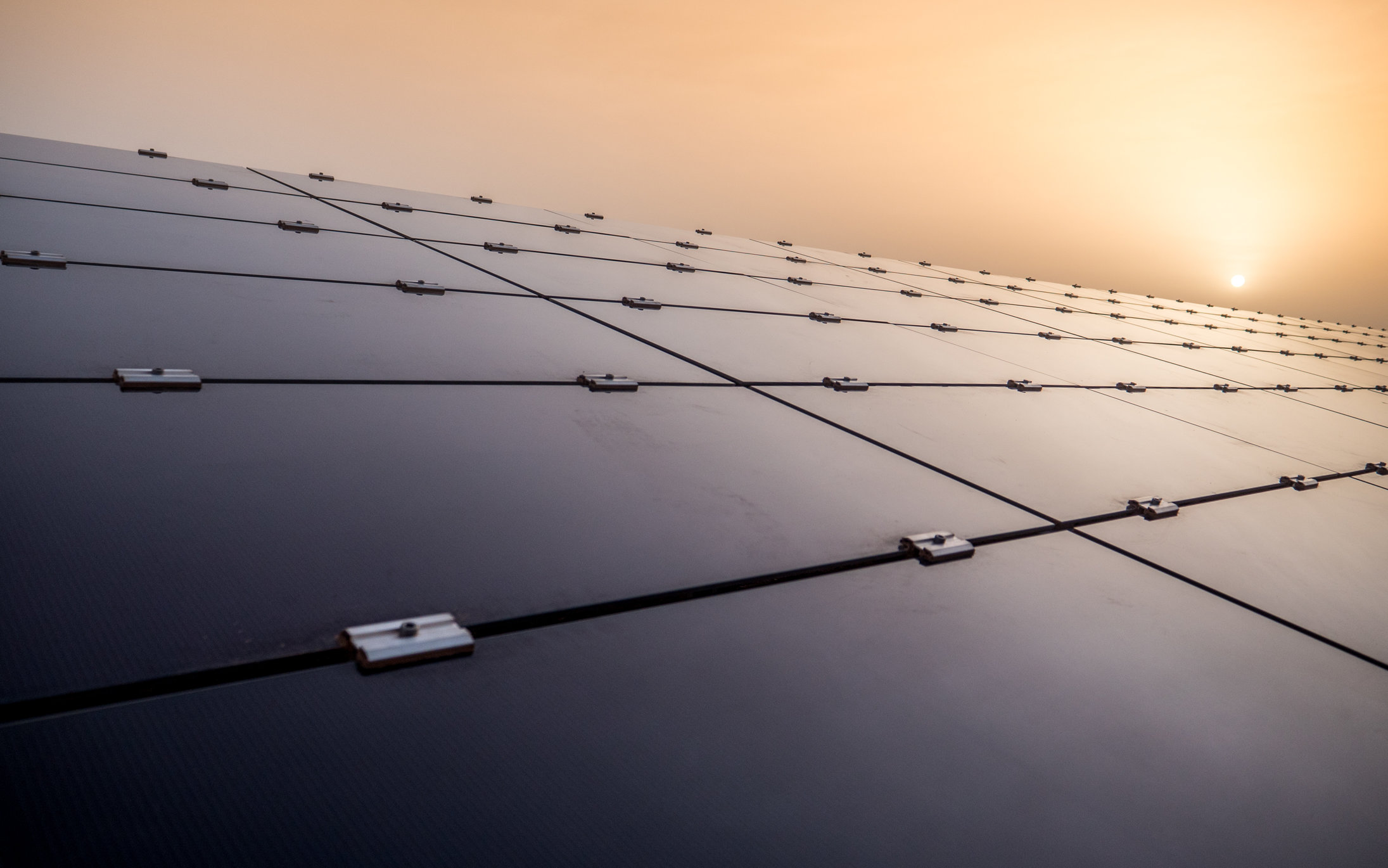
The bottom line is that Nigeria does not have enough power generated as of now. And even if we have it, we do not have an extensive distribution network to take power to the last man.

SolarAfrica has already positioned itself as a competitive player in the newly enabled power wheeling space, having recently signed up large blue chip customers. The group is now well positioned to service large power users with a lower cost electricity alternative from a recently developed centralised solar generation site, taking advantage of South Africa’s newly revised regulations permitting wheeling and self-generation of up to 100MW by private generators. In 2021, SolarAfrica was named the continent’s leading solar energy firm, scooping the Africa Solar Industry Association’s African Solar Company of the Year award.
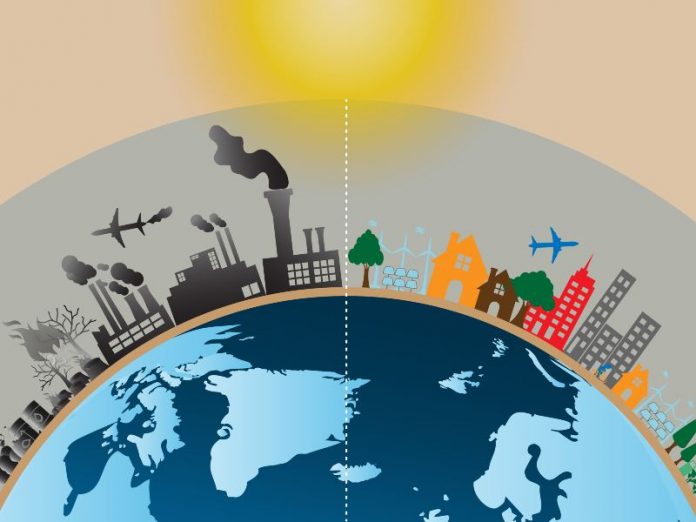
Guterres emphasised that renewables are “the only credible path” to real energy security, stable power prices and sustainable employment opportunities He also maintained that the share of renewables in global electricity generation must increase from nearly 30% today to over 60% in 2030 and 90% in 2050.
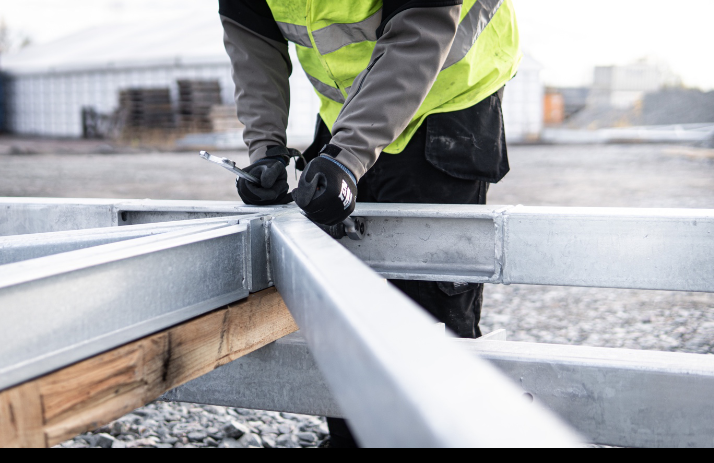
The Big 5 Construct Nigeria offers an opportunity for event attendees to gain new insights, learn from top industry players as well as connect to a wide range of construction stakeholders
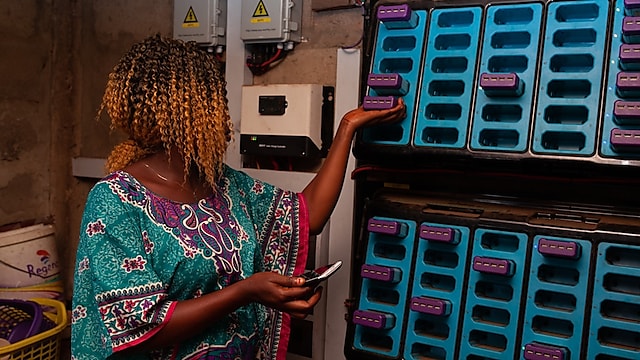
Mobile Power’s energy distribution platform “MOPO”, is successfully serving challenging markets, creating local employment, and providing financial and social returns. The platform offers customers a community-based, agent-led Battery-As-A-Service product that enables them rent 50Wh-1000Wh lithium-ion batteries for 24-hour periods.

It supports crude oil production from the facilities of the SPDC joint venture and other producers who rely on the Bonny terminal for crude export.
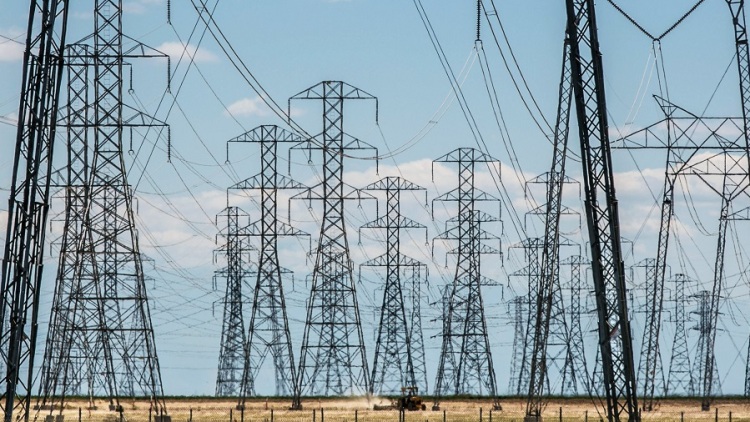
The Nigerian electricity law consists of the body of law, which regulates the generation, transmission, distribution and trading of electricity in Nigeria.
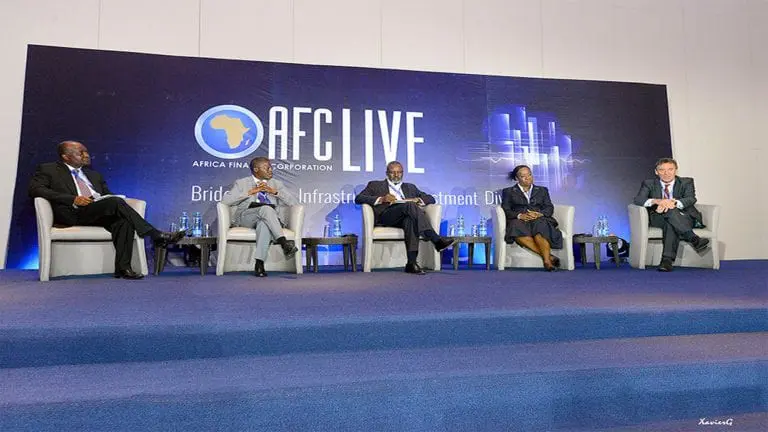
The loan will be used to facilitate investments in renewable power, energy-efficient projects, and climate-resilient infrastructure.